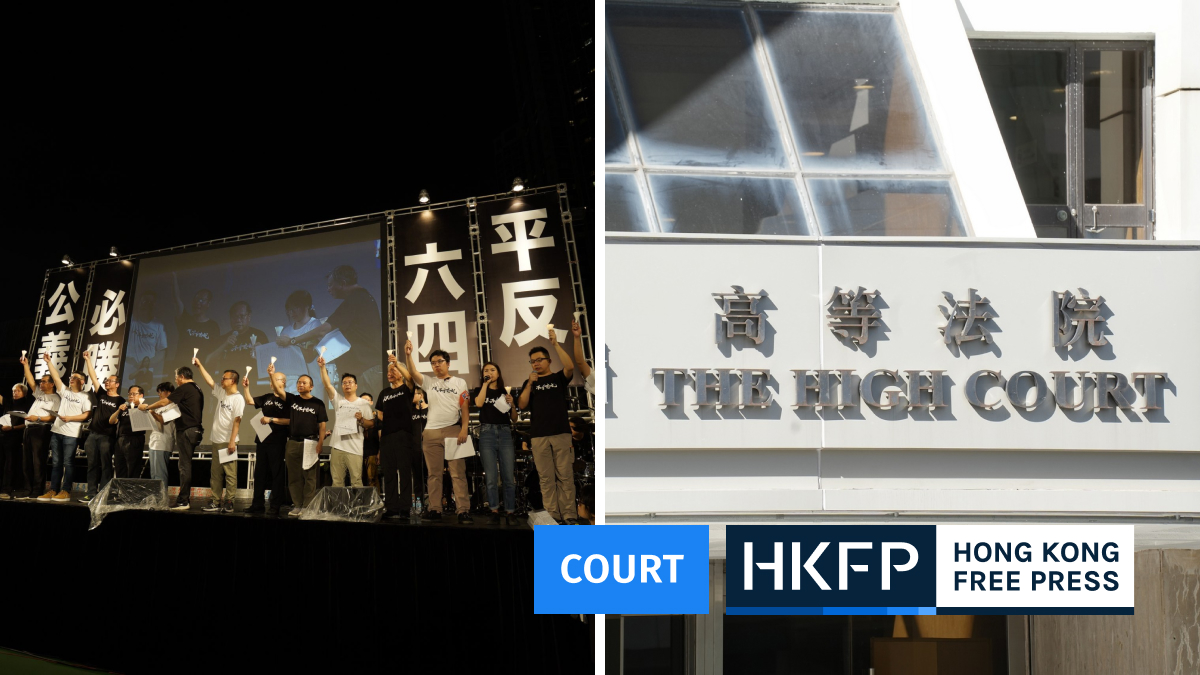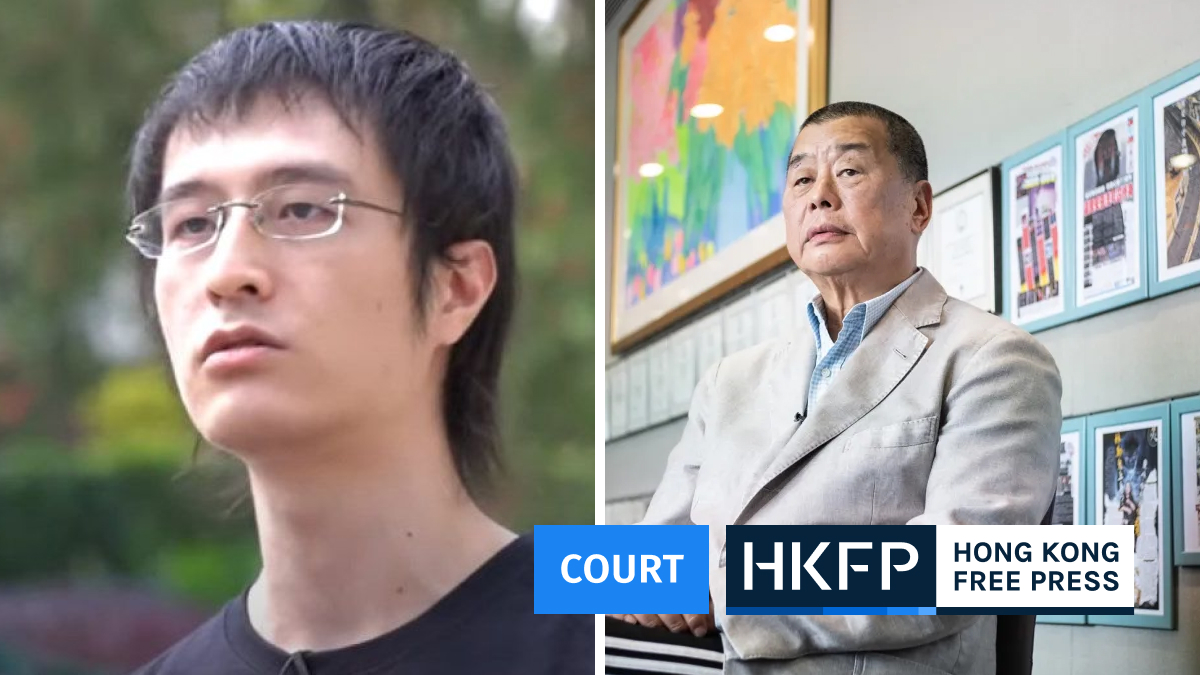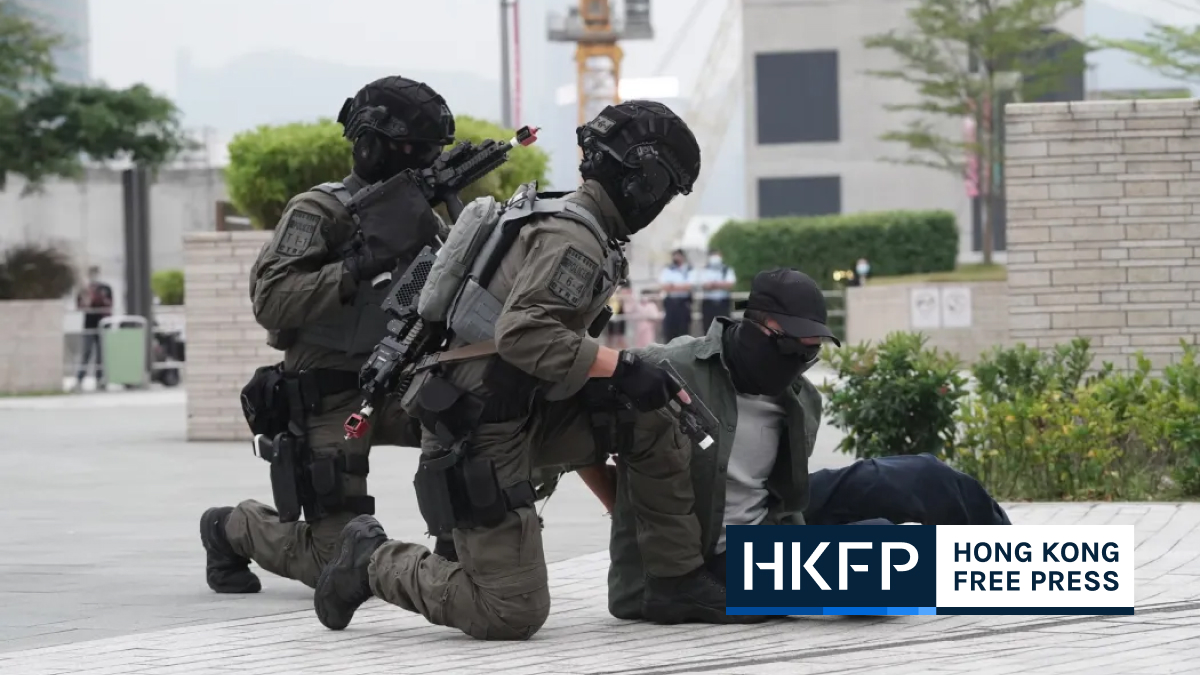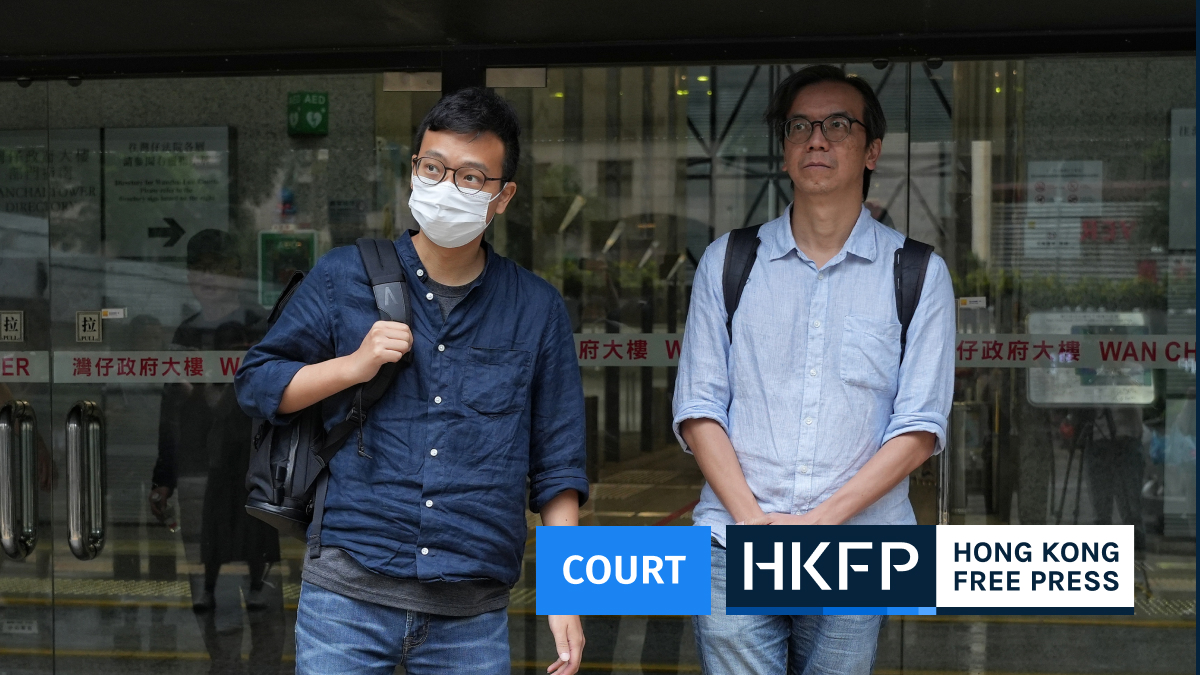The Hong Kong government suspended the city’s extradition treaty with Germany on Wednesday – it also shelved a similar treaty with France that had yet to be enforced. The announcement followed Germany and France’s decisions to suspend their own extradition treaties with Hong Kong.
A government spokesperson said that the moves by the two European countries constituted an “open interference in China’s internal affairs and a violation of international law and basic norms governing international relations.”

The government added that it firmly objected to the actions of Germany and France.
Germany suspended its extradition treaty with Hong Kong on July 31. The German Foreign Minister said the decision was made following the delay in the city’s legislative elections for one year and owing to the disqualification of 12 pro-democracy election hopefuls the day before.
France followed by halting the ratification of its extradition agreements with Hong Kong on August 3. Its foreign ministry cited the implications of the national security law for the One Country, Two Systems agreement, saying the law also applied to its own citizens and businesses.

Hong Kong’s decision to retaliate against the two European countries come amid rising tensions between China and the west over Beijing’s alleged encroachment upon the city’s promised freedoms.
The UK, Canada, Australia, and New Zealand have also suspended its extradition treaties with Hong Kong. The US has revoked the city’s trading privileges, announcing on Tuesday that all goods from the city must be marked “Made in China.”
In June, Beijing enacted laws to prevent, stop and punish behaviours in Hong Kong that it deemed a threat to national security. The legislation was inserted into the city’s mini-constitution, bypassing the local legislature, in order to criminalise subversion, secession, foreign interference and terrorism. The move – which gives police sweeping new powers – alarmed democrats, civil society groups and trade partners, as such laws have been used broadly to silence and punish dissidents in China.
Correction 14:08 A previous version of this article stated that France announced it will halt its extradition agreements with Hong Kong on Tuesday August 4, in fact it was announced on Monday August 3.
Support HKFP | Policies & Ethics | Error/typo? | Contact Us | Newsletter | Transparency & Annual Report | Apps
Help safeguard press freedom & keep HKFP free for all readers by supporting our team
























